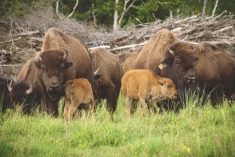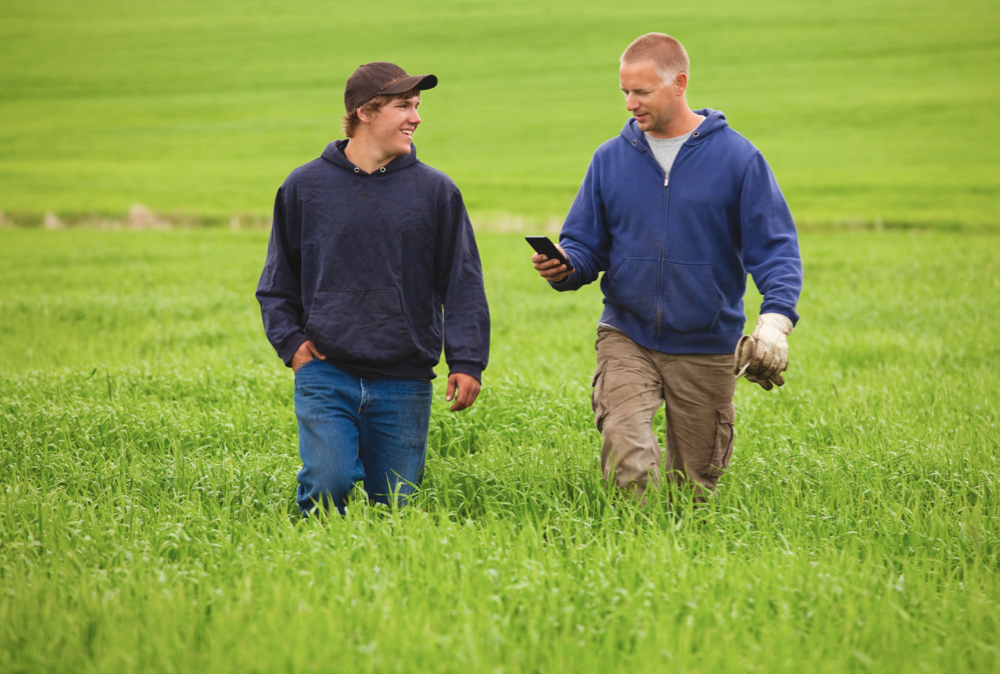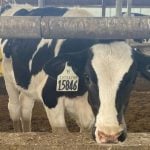Of all the sciences, which is the most important for your farm? Is it biology, or soil science, or chemistry, or electronics?
My vote is for none of those. My vote is for psychology.
I hope that surprises you, because it sure surprised me.
I had just finished talking to young wannabe farmers at Ridgetown Campus of the University of Guelph.
Ridgetown does amazing science, of course, and these young farmers want to lap it all up. But the biggest challenges in front of them are whether they have the attitudes and aptitudes that it takes to farm. Can they grow those traits? Can they find a path forward not only with Mom and Dad, but also with their siblings and in-laws? Can they be good leaders? Can they be good bosses? Can they innovate? Can they inspire loyalty?
Read Also
Editor’s Note: No pressure
What is your playbook going into this year’s crop? Not an easy question to answer right now, given the global…
I completely agree. These students cannot farm if they don’t excel at putting production science to work.
Even harder, however, is to master the psychology involved in upping their game and bringing their personal best to their careers. Success will take more than desire, as we know. It will take much more.
Like me, however, most Country Guide readers grew up in a tradition that dismissed psychology as only for dreamers who read self-help books.
But just when I came back from that Ridgetown class, I found the next series of articles from work psychologist and Guide columnist Pierrette Desrosiers in my in-box, and I had to think again.
The science of psychology is amazing, and so is its growth. Pierrette points out that 98 per cent of all we know about the human brain, we have learned in the last six years. Even more powerfully, 80 per cent of everything we thought we knew about the brain before 1995 turns out to have been either wrong or misleading.
Similar advances have been made in our knowledge of human behaviour, and of human capability. It turns out that the leadership and management traits that tomorrow’s farms will depend on are growable, if you know how to do it.
It also turns out that not growing them is like not fertilizing your crop.
I’ll be honest. When I first talked with Pierrette two years ago about running a psychology column, I insisted we keep the series short, limiting it to only about five columns. I just didn’t think there could be enough meat there to warrant more.
Since then, we have extended it time and time again. Since then too, I have heard from a growing list of readers who are finding an untapped mine there.
- Guide HR with Pierrette Desrosiers: Assert yourself, or should you step aside?
Psychology is making them better farmers. Are you reading it too? If not, give it a try. Read several, and read them closely. Dig up some back issues, and take my advice: keep a pen handy so you can do some underlining.
Are we getting it right? Let me know at [email protected].












